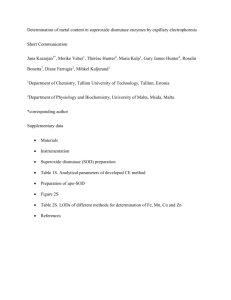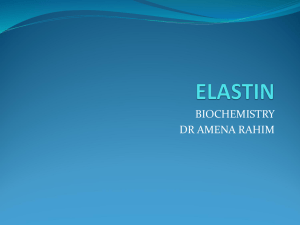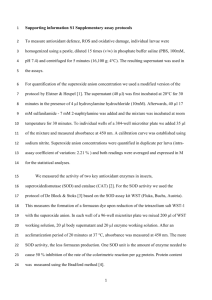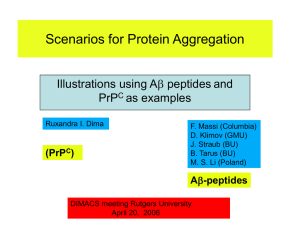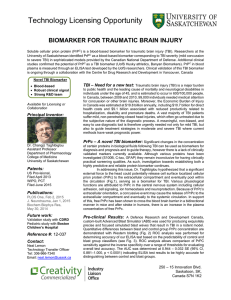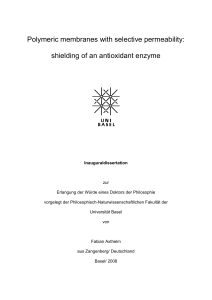SOD function
advertisement
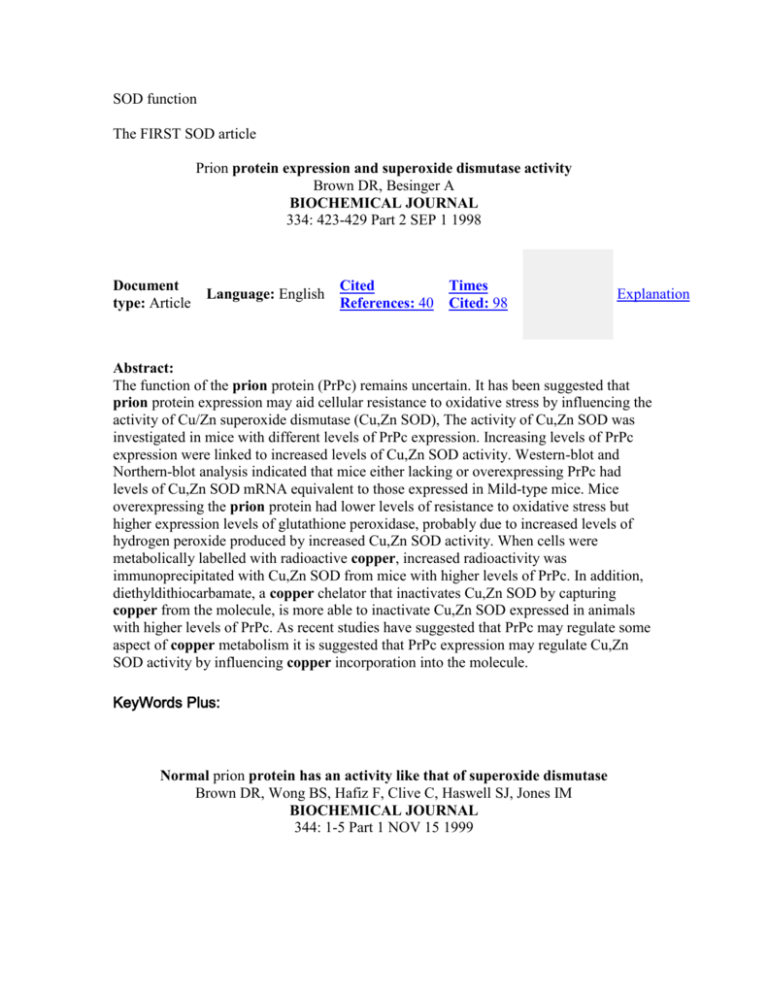
SOD function The FIRST SOD article Prion protein expression and superoxide dismutase activity Brown DR, Besinger A BIOCHEMICAL JOURNAL 334: 423-429 Part 2 SEP 1 1998 Document type: Article Language: English Cited References: 40 Times Cited: 98 Explanation Abstract: The function of the prion protein (PrPc) remains uncertain. It has been suggested that prion protein expression may aid cellular resistance to oxidative stress by influencing the activity of Cu/Zn superoxide dismutase (Cu,Zn SOD), The activity of Cu,Zn SOD was investigated in mice with different levels of PrPc expression. Increasing levels of PrPc expression were linked to increased levels of Cu,Zn SOD activity. Western-blot and Northern-blot analysis indicated that mice either lacking or overexpressing PrPc had levels of Cu,Zn SOD mRNA equivalent to those expressed in Mild-type mice. Mice overexpressing the prion protein had lower levels of resistance to oxidative stress but higher expression levels of glutathione peroxidase, probably due to increased levels of hydrogen peroxide produced by increased Cu,Zn SOD activity. When cells were metabolically labelled with radioactive copper, increased radioactivity was immunoprecipitated with Cu,Zn SOD from mice with higher levels of PrPc. In addition, diethyldithiocarbamate, a copper chelator that inactivates Cu,Zn SOD by capturing copper from the molecule, is more able to inactivate Cu,Zn SOD expressed in animals with higher levels of PrPc. As recent studies have suggested that PrPc may regulate some aspect of copper metabolism it is suggested that PrPc expression may regulate Cu,Zn SOD activity by influencing copper incorporation into the molecule. KeyWords Plus: Normal prion protein has an activity like that of superoxide dismutase Brown DR, Wong BS, Hafiz F, Clive C, Haswell SJ, Jones IM BIOCHEMICAL JOURNAL 344: 1-5 Part 1 NOV 15 1999 Document type: Article Language: English Cited References: 31 Times Cited: 155 Explanation Abstract: We show here that mouse prion protein (PrPC) either as recombinant protein or immunoprecipitated from brain tissue has superoxide dismutase (SOD) activity. SOD activity was also associated with recombinant chicken PrPC confirming the evolutionary conserved phenotype suggested by sequence similarity. Acquisition of copper by PrPC during protein folding endowed SOD activity on the protein but the addition of copper following refolding did not. PrPC dependent SOD activity was abolished by deletion of the octapeptide-repeat region involved in copper binding. These results describe an enzymic function for PrPC consistent with its cellular distribution and suggest it has a direct role in cellular resistance to oxidative stress. Author Keywords:






